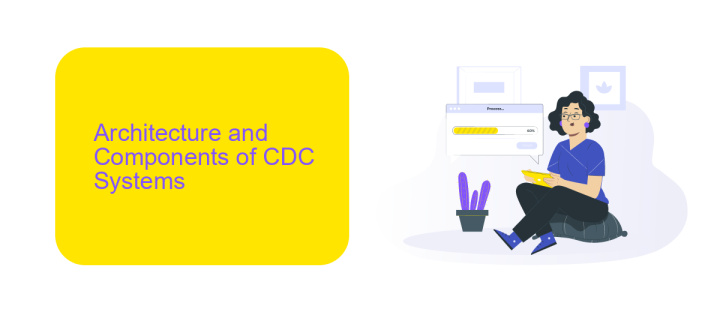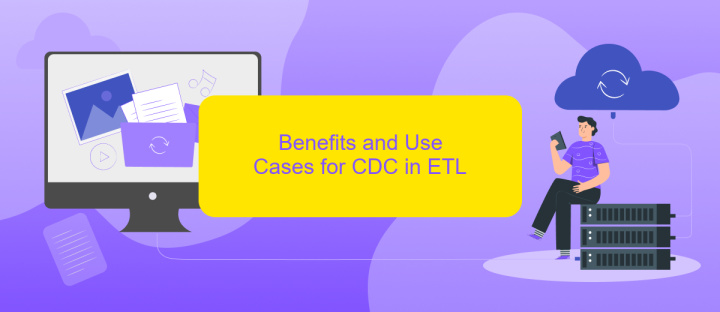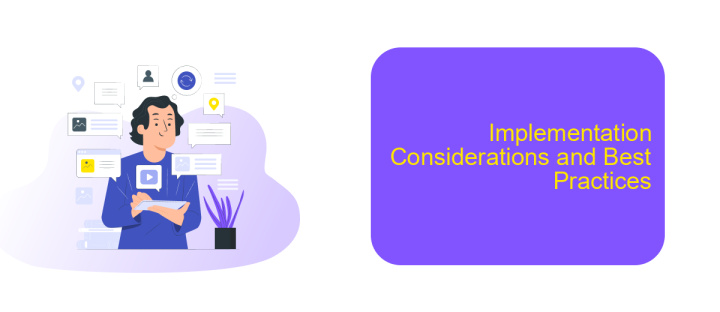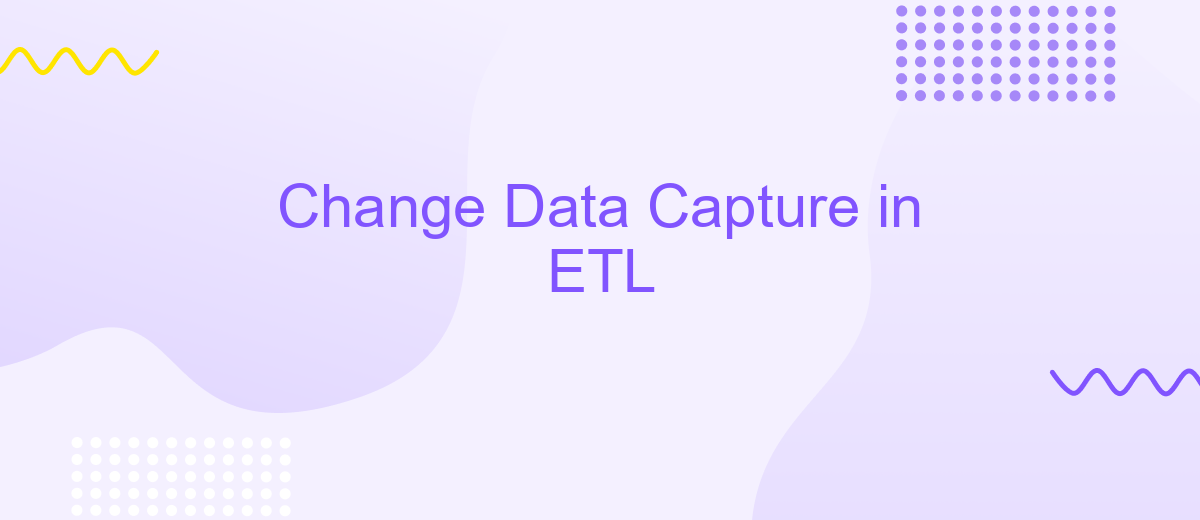Change Data Capture in ETL
Change Data Capture (CDC) in ETL is a crucial technique for identifying and tracking changes in data sources. By capturing and processing only the modified data, CDC enhances efficiency and ensures that data warehouses remain up-to-date with minimal latency. This article explores the principles, benefits, and implementation strategies of CDC in ETL processes, providing insights into optimizing data integration workflows.
Introduction to Change Data Capture (CDC)
Change Data Capture (CDC) is a crucial technique in ETL processes, enabling real-time data integration and synchronization. By capturing changes in data as they occur, CDC ensures that data in different systems remain consistent and up-to-date. This approach is particularly valuable in environments where timely data updates are critical for operational efficiency and decision-making.
- Real-time data synchronization
- Improved data accuracy
- Reduced ETL processing time
- Enhanced data consistency
Implementing CDC can be complex, but tools like ApiX-Drive simplify the process by providing seamless integration capabilities. ApiX-Drive allows businesses to connect various data sources and automate the capture of data changes, ensuring that updates are reflected across all integrated systems in real-time. This not only enhances operational efficiency but also ensures that decision-makers have access to the most current data available.
Architecture and Components of CDC Systems

Change Data Capture (CDC) systems are designed to identify and capture changes made to data in real-time. The architecture typically comprises several core components: data sources, CDC processes, and data targets. Data sources can include databases, applications, or any system where data changes occur. CDC processes are responsible for detecting changes, which can be achieved through various methods such as log-based capture, trigger-based capture, or timestamp-based capture. Once changes are identified, they are formatted and sent to data targets, which could be data warehouses, data lakes, or other storage systems for further processing and analysis.
Integration platforms like ApiX-Drive can significantly simplify the configuration and management of CDC systems. ApiX-Drive offers a user-friendly interface to set up data integrations, allowing users to connect various data sources and targets without extensive coding. This service supports numerous applications and databases, making it easier to automate data flows and ensure that changes are captured and propagated efficiently. By leveraging such platforms, organizations can enhance their ETL processes, reduce manual intervention, and maintain data consistency across systems.
Benefits and Use Cases for CDC in ETL

Change Data Capture (CDC) is an essential component in ETL processes, offering numerous benefits and versatile use cases. By efficiently identifying and capturing changes in source data, CDC ensures that the ETL pipeline remains up-to-date and accurate, ultimately enhancing data integrity and consistency.
- Real-time Data Integration: CDC enables near real-time data updates, allowing businesses to make timely decisions based on the most current information.
- Reduced ETL Load: By only processing changed data, CDC minimizes the load on ETL processes, leading to faster and more efficient data integration.
- Enhanced Data Accuracy: Continuous monitoring and capturing of changes ensure that the data in the target system remains consistent with the source.
- Compliance and Auditing: CDC provides a reliable method for tracking data changes, which is critical for regulatory compliance and auditing purposes.
Incorporating CDC in ETL processes can significantly improve data management strategies. Tools like ApiX-Drive facilitate seamless integration by automating the process of capturing and transferring data changes across various platforms. This not only streamlines operations but also ensures that businesses can leverage accurate and up-to-date data for their analytical needs.
Implementation Considerations and Best Practices

Implementing Change Data Capture (CDC) in ETL processes requires careful planning and consideration of several factors. One of the primary considerations is the selection of the right CDC method, such as log-based, trigger-based, or timestamp-based. Each method has its advantages and limitations, so it's crucial to choose one that aligns with your data architecture and business needs.
Another important aspect is the integration of CDC with existing ETL tools and workflows. Leveraging services like ApiX-Drive can streamline this process by offering seamless integration capabilities with various data sources and destinations. This ensures that your CDC implementation is both efficient and scalable.
- Ensure data consistency and integrity during the capture and transfer processes.
- Monitor performance to avoid bottlenecks and ensure timely data updates.
- Regularly test and validate the CDC setup to catch and resolve issues early.
- Document the CDC implementation thoroughly for future reference and troubleshooting.
By following these best practices and considerations, you can effectively implement CDC in your ETL processes, ensuring real-time data synchronization and enhancing overall data management capabilities.


Future Trends and Outlook for CDC in ETL
The future of Change Data Capture (CDC) in ETL processes is poised for significant advancements as businesses increasingly demand real-time data integration and analytics. Emerging technologies such as machine learning and artificial intelligence are expected to enhance CDC mechanisms, making them more efficient and capable of handling complex data transformations. Additionally, the integration of cloud-based services and platforms will facilitate seamless and scalable CDC implementations, ensuring that organizations can adapt quickly to evolving data landscapes.
Looking ahead, tools like ApiX-Drive will play a crucial role in simplifying CDC integrations. ApiX-Drive offers a user-friendly interface and robust automation capabilities, allowing businesses to effortlessly connect various data sources and automate data workflows. As the need for real-time data processing grows, such services will become indispensable, enabling organizations to stay competitive by leveraging up-to-date information for strategic decision-making. Overall, the future of CDC in ETL looks promising, with continuous innovations driving more effective and agile data management solutions.
FAQ
What is Change Data Capture (CDC) in ETL?
Why is CDC important in ETL processes?
What are the common methods of implementing CDC?
How can I automate CDC in my ETL workflow?
What are the challenges associated with CDC in ETL?
Time is the most valuable resource for business today. Almost half of it is wasted on routine tasks. Your employees are constantly forced to perform monotonous tasks that are difficult to classify as important and specialized. You can leave everything as it is by hiring additional employees, or you can automate most of the business processes using the ApiX-Drive online connector to get rid of unnecessary time and money expenses once and for all. The choice is yours!

